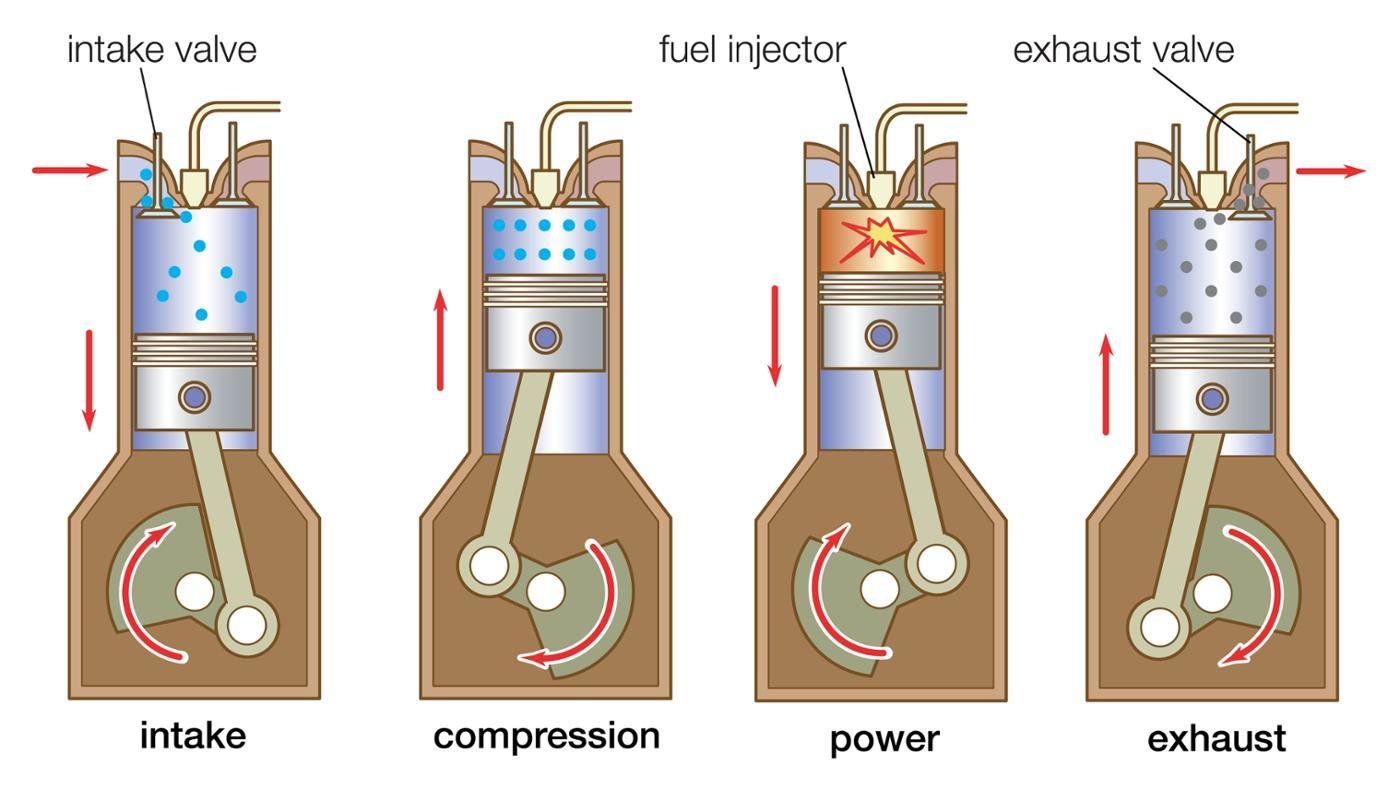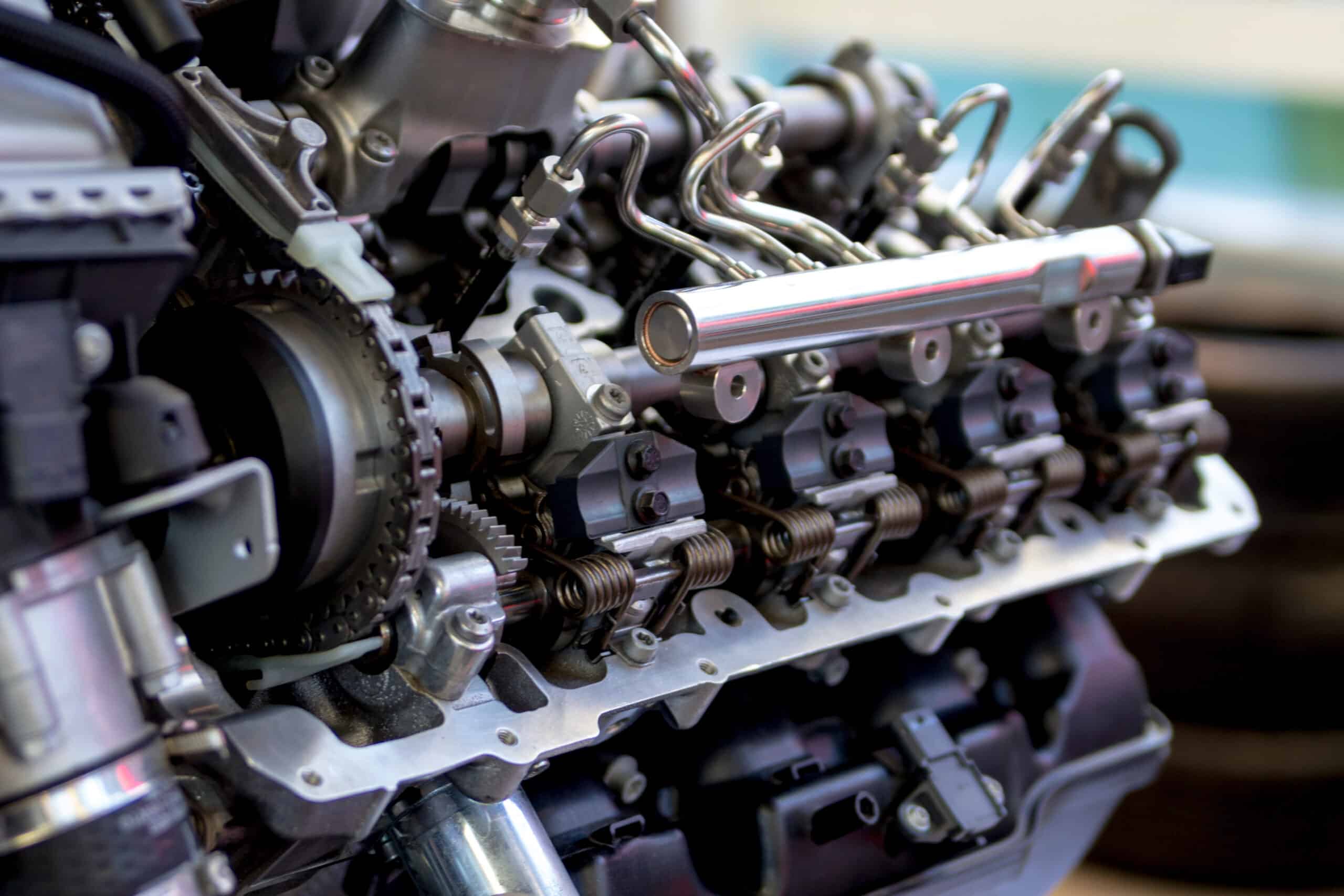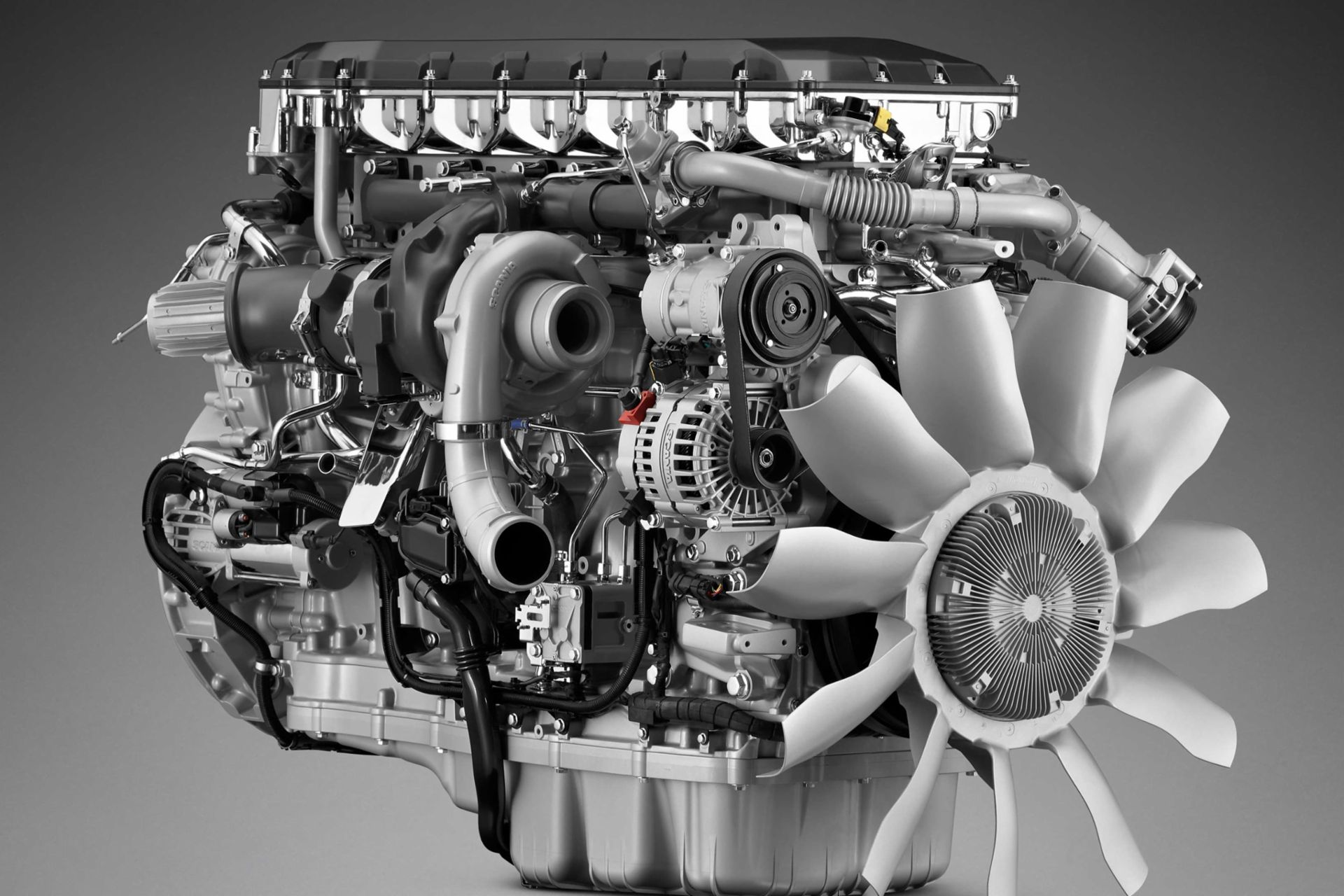Top-Rated Distributors: Engines For Africa Offers Dependable Power
Top-Rated Distributors: Engines For Africa Offers Dependable Power
Blog Article
Explore a Vast Array of Engines for every single Vehicle and Objective
The auto landscape is progressively complex, with a varied range of engine types developed to fulfill certain efficiency and performance demands across various car groups. From the high-performance engines that power sports automobiles to the fuel-efficient choices tailored for everyday travelling, the choices are large and varied. Furthermore, durable engines offer the demands of job automobiles, while environment-friendly options are gaining grip in the search of lasting transport. Recognizing these distinctions is critical for making educated decisions, particularly as emerging innovations proceed to shape the future of automotive engineering. What ramifications might these innovations hold for customers and suppliers alike?
Types of Automotive Engines
Automotive engines can be classified into numerous distinctive kinds, each designed to meet particular efficiency and efficiency needs. One of the most usual categories include inner combustion engines, electrical engines, and hybrid systems.

Electric engines, on the various other hand, operate electric power kept in batteries, offering instantaneous torque and absolutely no emissions. These engines are coming to be progressively popular due to developments in battery technology and the growing emphasis on sustainability.
Hybrid systems combine both interior burning and electrical engines, making it possible for cars to maximize gas efficiency and decrease emissions by effortlessly switching over between power resources. Each engine type provides its disadvantages and benefits, affecting factors such as automobile layout, intended usage, and market demand. When picking the suitable engine for their specific requirements., recognizing these distinctions is critical for consumers and manufacturers alike.
Efficiency Engines for Sports Cars
Efficiency engines for cars are particularly engineered to provide enhanced agility, rate, and power, setting them besides common automobile engines. These engines commonly use innovative technologies such as turbocharging, supercharging, and variable valve timing to make the most of efficiency and responsiveness.
Normally, efficiency engines are made with higher compression ratios, which enable for higher power extraction from gas. This leads to excellent horsepower and torque numbers, enabling fast acceleration and higher top speeds. Furthermore, the light-weight products utilized in these engines, such as aluminum and carbon fiber, add to lowered total automobile weight, enhancing handling and ability to move.
Engine configurations like V6, V8, and even hybrid systems are common in performance cars, each offering one-of-a-kind advantages in terms of power delivery and driving dynamics. The tuning of these engines is also critical; lots of makers enhance the engine administration systems to supply a thrilling driving experience, typically consisting of sport modes that adjust throttle action and equipment shifts.
Efficient Engines for Daily Commuters
In the realm of daily travelling, efficient engines play a vital role in optimizing fuel economic situation and reducing discharges while supplying trustworthy performance. As metropolitan populaces grow and environmental issues magnify, the need for automobiles equipped with effective powertrains has actually risen.
Modern engines developed for everyday travelers typically incorporate innovations such as turbocharging, straight fuel shot, and hybrid systems. Turbocharging improves engine efficiency forcibly more air into the combustion chamber, enabling smaller, lighter engines that do not compromise power outcome. Direct fuel injection enhances fuel atomization, resulting in better burning and boosted effectiveness.
Crossbreed engines, combining internal burning with electric power, more augment fuel economic situation, particularly in stop-and-go traffic, where traditional engines can experience inefficiencies. Electric electric motors aid during velocity and can run individually at reduced rates, minimizing general gas consumption.
In addition, innovations in engine management systems and lightweight products contribute significantly to efficient engine design. By focusing on performance, toughness, and ecological sustainability, manufacturers continue to provide engines that not only satisfy the demands of everyday travelling however also straighten with global initiatives to lower carbon impacts.
Heavy-Duty Engines for Job Automobiles
Durable engines for work automobiles are regularly engineered to provide remarkable torque and dependability under demanding problems. These engines are developed to do in settings where conventional engines may falter, such as building and construction sites, logging procedures, and agricultural setups. The main focus of sturdy engines is their capacity to create high degrees of power while keeping resilience over extended durations of procedure.
Typically, sturdy engines utilize sophisticated materials and robust building techniques to hold up against the rigors of hefty workloads. Features such as strengthened cyndrical tube blocks, improved air conditioning systems, and advanced gas injection innovations add to their effectiveness. These engines usually operate at lower RPMs, which helps to optimize fuel effectiveness while supplying the required power for towing and carrying.
Along with mechanical effectiveness, heavy-duty engines are commonly furnished with innovative digital control devices (ECUs) that take care of performance, emissions, and diagnostics. This integration permits better tracking and upkeep, ensuring that job lorries remain operational and effective.
Eventually, sturdy engines are a necessary element in the performance of numerous sectors, giving the necessary power and dependability to take on the toughest of jobs.
Eco-Friendly Engine Options
The growing emphasis on sustainability has actually brought about the development of environment-friendly engine choices that prioritize minimized emissions and this article improved gas efficiency. These engines are designed to lessen the ecological effect of vehicles while still providing the efficiency and dependability anticipated by customers.
Amongst the most significant environmentally friendly options are hybrid and electric engines. Crossbreed engines integrate traditional inner combustion engines with electric propulsion, enabling minimized gas usage and lower greenhouse gas discharges. Electric engines, on the other hand, run entirely on battery power, generating absolutely no tailpipe exhausts and contributing to cleaner air quality.
One more appealing development is the advancement of biofuel engines, which utilize renewable energies, such as plant products, to power automobiles (Engines For Africa). By using biofuels, these engines can decrease dependence check here on nonrenewable fuel sources and lower general carbon footprints

As the automobile market progresses, green engine options will play a vital function in driving the transition towards more sustainable transportation remedies.
Conclusion
The automotive market supplies a varied array of engines created to meet various lorry needs and purposes. From high-performance engines that enhance cars abilities to effective models focusing on fuel economic situation for daily commuters, each kind offers a specific feature. Heavy-duty engines satisfy durable work cars, while environment-friendly options, such as electric and biofuel engines, advertise sustainable transport. This extensive array makes sure that all driving requirements are dealt with, contributing to innovations in automotive modern technology and environmental stewardship.

Report this page